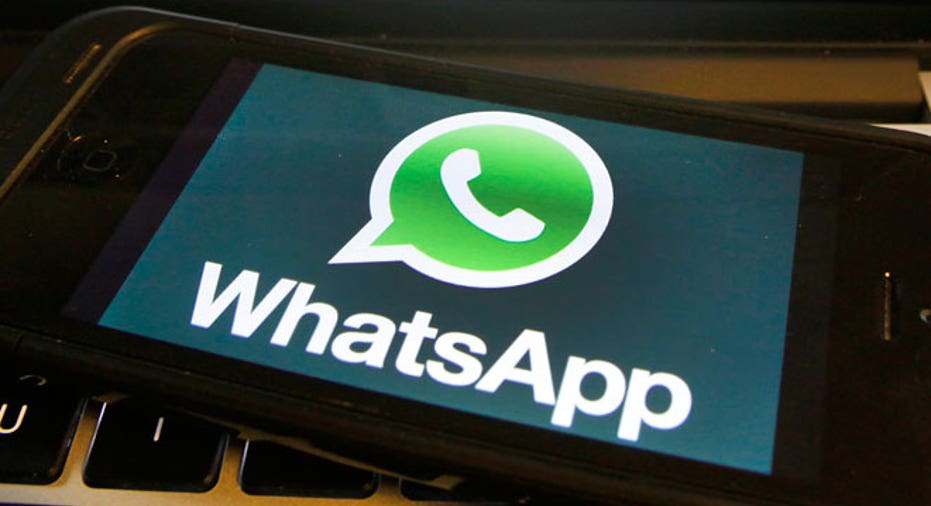Making Sense of Facebook's $19B WhatsApp Acquisition

Facebook's (NASDAQ:FB) purchase of fast-growing mobile-messaging startup WhatsApp for $19 billion stunned the markets, but analysts said the deal made strategic sense as it will solidify the social network's position as a leader in mobile.
Facebook shares were down 3.1% before the bell on Thursday, representing a loss of about $5.4 billion in market value.
At least two brokerages downgraded their recommendations on Facebook to "hold" but the overwhelming majority of analysts remain positive on the stock.
Facebook is paying more than double its annual revenue for a chat program that has little revenue. The purchase price is slightly more than the market value of Sony (NYSE:SNE).
But analysts pointed out that WhatsApp currently has more than 450 million monthly users - second only to Facebook - and boasts an even higher level of engagement.
"Facebook is the leading global social-sharing utility. Now, it has a significant opportunity to be the leading global communications utility," RBC Capital Markets said in a note.
WhatsApp is much stronger than Facebook Messenger in Europe, Latin America, Africa and Australia and has attracted lots of young users at a time when fears have been voiced that young people are tuning out of Facebook.
Analysts said the price tag for WhatsApp, founded in 2009 by former Yahoo (NASDAQ:YHOO) employees Jan Koum and Brian Acton, seemed reasonable from the point of view of value per user.
Facebook is paying $42 per user with the deal, compared with a market value per user of $170 for Facebook and $212 for Twitter (NYSE:TWTR), Deutsche Bank's Ross Sandler said in a note.
WhatsApp has more than 450 million monthly active users, compared with 1.2 billion for Facebook. About 70% of WhatsApp users are active on any given day, higher than Facebook's 62%.
Of the 44 analysts who cover Facebook, 37 have a "buy" or a "strong buy" rating on the stock, according to Thomson Reuters data. None has a "sell" rating.
"Facebook continues to demonstrate savvy-ness beyond its years as it pivots its business model, footprint and strategy to mobile," Deutsche Bank analyst Ross Sandler said.
Analysts have commended Facebook's ability to make money from its mobile app even as investors fret over concerns of youngsters ditching the network. With the WhatsApp deal, all eyes are now on the monetization potential of the chat program's huge number of users.
"While we don't expect messaging to be a meaningful near-term or even long-term revenue driver, the real value could be the evolution of the platform to incorporate new functionality such as payments, app distribution, social features ...," Macquarie Equities Research analyst Ben Schachter said.
Some analysts, however, said Facebook was paying the high price to keep WhatsApp from being snapped up by a rival.
"Facebook shares would have been pressured by more than single-digit percentages in after-market trading if Google Inc had purchased WhatsApp instead," Stifel analyst Jordan Rohan said in a note.
Pivotal Research's Brian Wieser, who downgraded his rating on Facebook shares to "hold" from "buy," said he expects Facebook shares to face pressure in the near-term as investors come to terms with the risk of future acquisitions.
Facebook shares were trading at $65.95 in premarket trading.



















